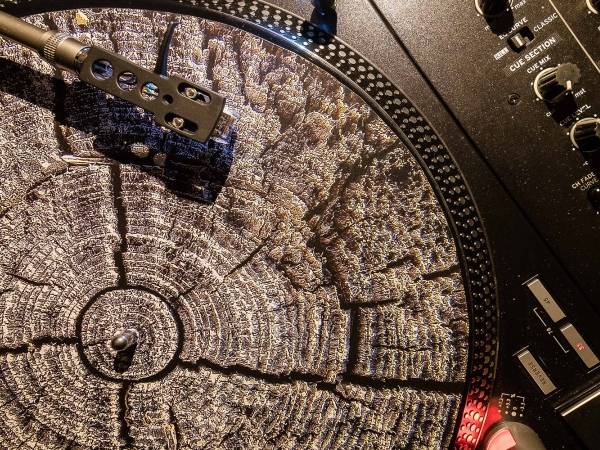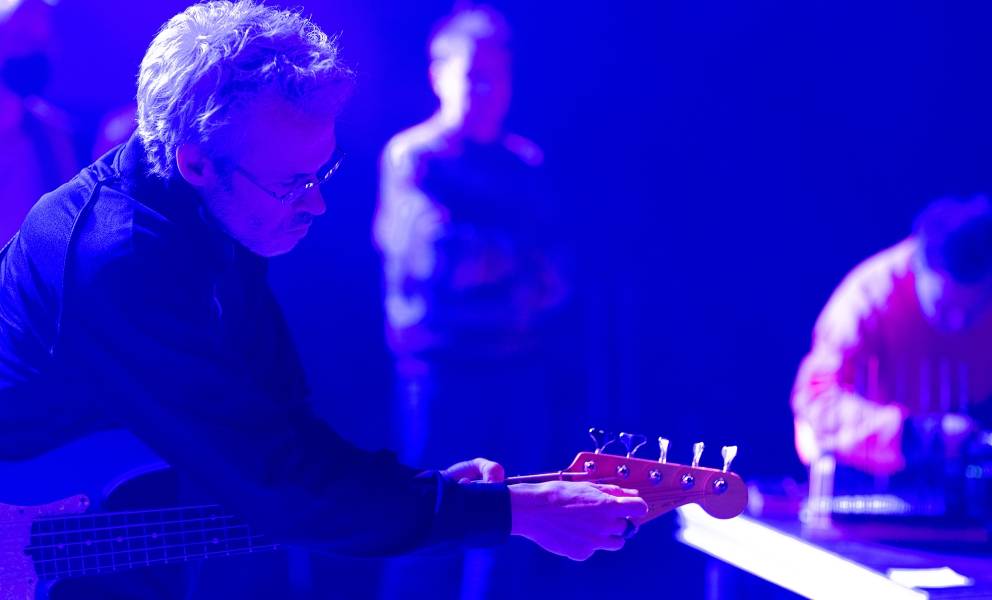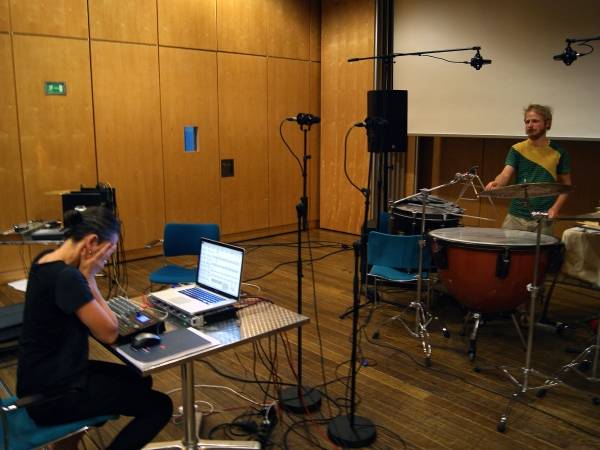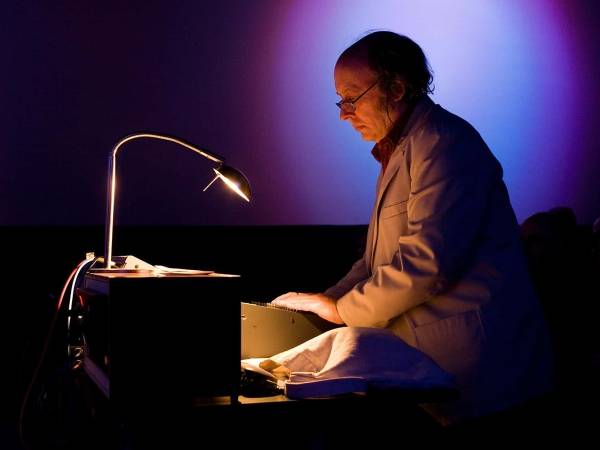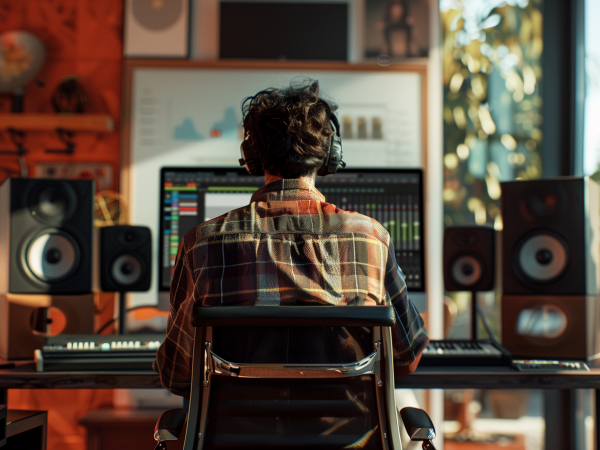Ecological Music
In parallel to my work in new compositional, improv, and electronic music, my family's roots in the expansive woodlands of Bergslagen, Sweden, have drawn me into the investigation of possible relationships between the arts and the non-human world - a source of lasting inspiration that is currently growing ethically and politically more relevant, while connecting to prehistorical and non-European art.
Future, Innovation, Technology
The questions of our future and which type of innovations can help us are tied to our past in exciting new ways. We are increasingly wrestling with shortages, and exposition to forces of nature and violence, much like our prehistorical ancestry that laid the foundations of civilization by favoring a stationary over a more nomadic lifestyle. The essentially European worldview view I grew up with has its roots in the mechanistic revolution of the 17th century, and emphasizes individual self-fulfillment and concepts of growth. Our notions of professional artistry, including the musician's mind and body, are hardly separable from these cultural paradigms.
Meeting problems by producing new, better, and greater stuff will probably remain an exciting part of our future. But it's not always a progressive choice when it is reproducing and reinforcing many of the deeper patterns of our crisis. Despite having all the means required, something about our mindsets keeps us from acting in more future-proof ways. A feature of our evolutionally and culturally conditioned perception and decision-making seems an insufficient sense for the profundity of mutual dependencies with environments.
Enlivenment Through Curiosity
The development of a versatile repertoire of more life-giving ways to meet “that which we do not yet understand”, right around and in front of us, can form the foundation of a different mindset. It is based on honing a deeper and archetypical curiosity that does initially not discriminate between the “living” and the “not living”. It zooms in on evolution, copes with late-capitalist limbo, or takes part in the re-bewilderment of the ruins we leave behind.
The involved self-decolonization, reconciliation (e.g. in learning from failures) and artistic research unlock a vast and omnidirectional space of possibilities that poses an attractive challenge for contemporary artists.
Neo-Animism & Globalism
Culture and technology now support us more than ever in comprehending our enmeshment in a reality of bottomless complexity, as we hunt down invisible particles and cosmic dark matter, or decipher microbiomes and the collective subconscious – a gravitation towards animism that also erodes notions of individualism as they peaked in the 20th century. A set of global questions is now pushed to the fore that transcends cultural conditionings and challenges us to reconsider our place and role, and stronger microscopes and telescopes are not going to cut it.
Can we relearn affirmative resonance with our surroundings? Can we put up with our hoarding and camp mentalities? Can curiosity, learning, and innovation, along with individuality and self-realization, survive by taking on a different focus that supports enlivenment? Which state of mind does not strive to tame, but to integrate ambiguity and complexity as something vital and creating? And what can a contemporary, professional musicianship look like that considers such questions, while acknowledging any cultural upbringing, history, and tools?
Hunter-Gatherer 2.0
It would have to be a kind of hunter-gatherer 2.0 - a wandering storyteller who is navigating a polyphony of time zones between tomorrow and a past too distant to remember, and a physical reality that is foremost a jungle-like expression of underlying, often invisible forces. A larger process of organic branching is unleashed and allowed to proliferate across artistic approaches, projects, releases, career decisions, and everyday life. By employing simple, but often changing experimental setups, this artist is dancingly dodging homogenizing forces of domestication and dualism. The alert interplay of observation and action flows into a poetic trance that is inclusive of the ultimate heterogeneity and precariousness of life today and in the future, and of ourselves.
Committed nomads are less concerned with linearity, or the increase of power, territory, and capital, but thrive on partaking in a vital ecosystem. It is maintained by the interactions of the surrounding landscape of things, people (including the artist), and vibrations, and of men making music in relation to their times and environment at a greater historical and geographical scale.
More info, projects & media: www.johneckhardt.de
John Eckhardt
Like a contemporary hunter-gatherer of all things bass, John Eckhardt is constantly involved in the creation of today’s music. As a double bass soloist, in numerous ensembles, bands, and personal projects, or when working sound systems on bass guitar or as a DJ, he unfolds a low-frequency cosmos of unusual dimensions. He has contributed to 40 recordings, has just released his 5th solo album and 30th podcast, does a lot of photography and has recently created a series of special bass sound installations.
Article topics
Article translations are machine translated and proofread.
Artikel von John Eckhardt
 John Eckhardt
John Eckhardt 